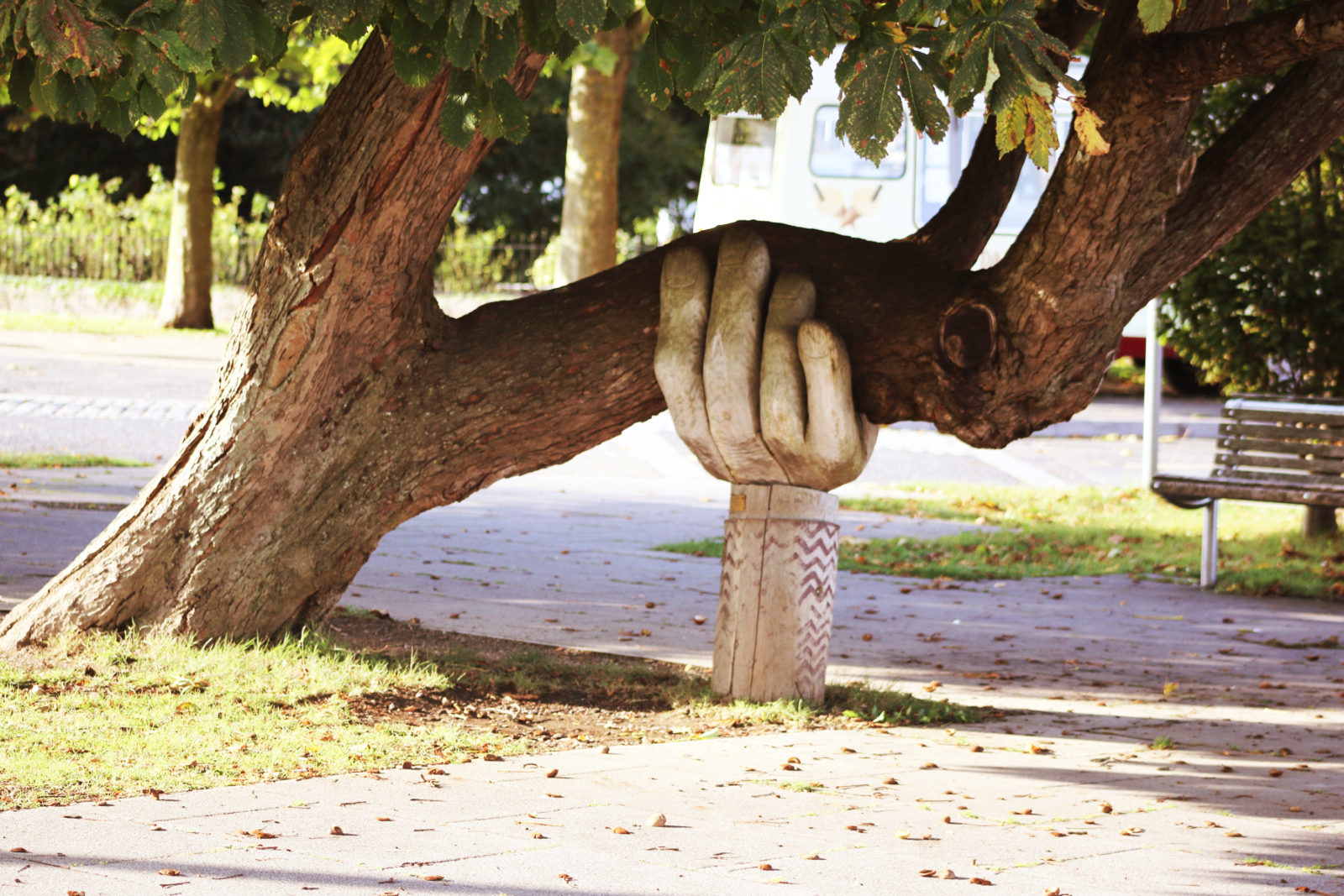I’ve gone back and forth about what to tackle next in this month-long series about discernment. And I’ve finally settled on the how. How do we live out biblical discernment in a way that’s not painfully boring and is sustainable? I think there are three keys for a discerning life.
The How of a Discerning Life
As we’ve said, discernment is not the destination. Maturity is our goal. And being discerning isn’t the path to maturity either. The path itself is the biblical actions God calls us to, such as prayer, community, Bible study, etc. There are things we must do, actions we must take, to get from wherever we are right now to the full spiritual maturity the Bible describes.
And that’s where discernment really comes in.
Discernment is how you walk the path. It’s the combination of skills, tools, and knowledge that keep us moving forward on the path toward maturity, spiritually and in life.
But often we aren’t sure how to do any of it. Sometimes, we get an overly simplistic 3-step plan that “if we just do this” promises to get us to our goal. Or, in fear of missing something, we get some super-detailed plan, an overwhelming tidal wave of how-to’s and have-to’s that keep us from making progress because we can’t even keep track of it all.
Simple, but Not Simplistic
The truth is, there are many ways to live a discerning life well. But we don’t really have the time to explore them all or the discipline to learn to do them well.
So we need a base. A starting place. A few fundamentals to provide a strong foundation on which we can build.
We don’t need all the information out there. You don’t have to know every ounce of doctrine today. It’s best if we don’t try to evaluate every single thing we see or hear on a given day (we’ll go nuts and we won’t get anything else done).
What we need, to start, is the bare minimum on which we can build a truly discerning life. That’s where the three keys come in.
The Three Keys for a Discerning Life
The three keys for a discerning life are not complicated. They are simple, but vital components that we must have in place if we want to start and maintain a lifetime of biblical discernment.
You can do more than these three things. And eventually you should. But you can’t do less. If you want the full beauty of a discerning life, you must have these three things.
1. We have to be made alive.
2. We have to be anchored.
3. And we have to be equipped.
The First Key: Made Alive
This is the foundation of all the others. While all three are important to keep a discerning life working well, this one is the heartbeat of the other two. If you don’t have this one, you can develop your skill at discernment in general terms, but it will never be biblical discernment.
The phrase, of course, comes from Ephesians 2:4–5.
But because of his great love for us, God, who is rich in mercy, made us alive with Christ even when we were dead in transgressions—it is by grace you have been saved.
God himself is our foundation. Everything has be tied to our relationship with him and empowered by his Spirit … or it is worthless.
Even discipleship. If God has not made us alive, our discernment will never be biblical. Period.
The Second Key: Anchored
There is Truth. It exists. And not just the mockery of truth that people mean when they talk about “living my truth” and similar nonsense.
If we want to live a discerning life, we have to be anchored to the truth. God’s truth. The Bible.

Now, if you don’t know the Bible or all the Christian doctrines yet, don’t worry. You don’t have to know it all right away. You need to grow in your knowledge, certainly. But I think we can boil down the bare minimum that we need to have to start.
What’s the bare minimum?
- God exists and He is good.
- Jesus is our Savior and King.
- The Holy Spirit leads and empowers our walk.
- The Bible is true and reliable, the inerrant Word of God.
- God and His Word, woven into our daily, messy, real life, changes everything.
Each of these facets of Truth are vital to a strong, vibrant faith. They are defendable, reasonable concepts. As you unwrap them and dive deeper, you’ll discover much more detailed and powerful layers. And you can read lots of great books or blogs that can help you as you dig in.
But every vessel needs an anchor. If we try to live untethered, we will flounder, and fail. We will ultimately be swept away by the currents of whatever messages pass us by. We will be blown about like a kite on the wind. But anchored to the truth, we can begin to live the discerning life that leads to maturity.
The Third Key: Equipped
We can’t wander aimlessly through the discerning life. By definition, it is an intentional way to live. But choosing this life and learning to live it are two separate things.
It’s like picking a college major. It’s not enough to simply declare one. A student then must spend 2–3 years learning to think like a person in that discipline.
As an English major, I learned to read texts closely, prove my assertions from the text, and think critically about viewpoints that were different from my own. As a physics major, my husband learned to problem solve. To look at all the components of the problem and draw on a comprehensive scientific knowledge base to find an elegant and effective solution.
Having chosen a major, a student is then equipped to engage life according to that way of thinking.
The same is true for the discerning life. We have to be made alive or we accomplish nothing. We have to be anchored to Truth or we will be swept away. But if we do not equip ourselves to do the work of discernment as we move forward, we will not be able to build on that foundation or develop a deeper grasp of or love for that Truth.
The discerning life requires equipping. Some of the tools we’ll have to teach ourselves. Others come as we are mentored and taught by others. But we need to gather and put into practice the tools of a discerning life. We’ll give more details about these tools as we go, but it is vital to recognize, first of all, that we need them in the first place.
The Three Keys for a Discerning Life
There are the three keys for a discerning life: Made Alive. Anchored. Equipped.
Take away any one of them, and we will inevitably start to flounder. I am convinced that we can trace the recent downfalls of well-known Christians to a lack in one (or more) of these three areas.
We need all three. Without them, we will, at best, hinder our progress toward maturity and, at worst, miss out entirely on the maturity we desire. But with them, we will be able to live a discerning life.



